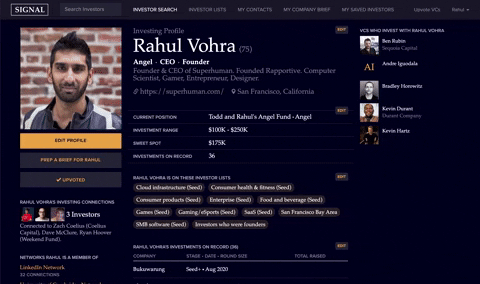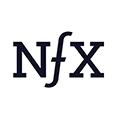The unseen force behind many venture capital investments are their friends. Their friends that help them find opportunities, introduce them to teams, evaluate companies, and build trust with Founders. These friends come with various titles — CEO, VP or operator by day and Scout, Angel or Solo-Capitalist by night. Financing events are more multi-layered than meets the eye, and this group forms the concentric circle around VCs in our ecosystem.
Yet until now, there was not an obvious path to these friends.
Today we’re launching Scouts & Angels, an extension of Signal — the investing network.
The Signal community of 10,000+ VC’s and 100,000+ Founders have been pushing the boundaries of the Signal platform. This new launch simply reflects how people are growing their use of Signal.
You’ll find on Signal Scouts & Angels:
-
- Rahul Vohra
- Lenny Rachitsky
- Varsha Rao
- Ryan Hoover
- Ben Rubin
- Ashley Mayer
- Hiten Shah
- And many others
If you’re a Founder, the system will let you:
-
- See what types of companies they prefer right now
- See who likes to invest together
- Build your shortlist of people to target
If you’re a Scout, Angel, or Solo-Capitalist, you can apply to get your investing profile to join your friends. Once approved the system will let you:
-
- Share and collaborate on deals within your investing network
- Build your investing network with 10,000+ VC Partners, Scouts, and Angels
- Get your investing-software stack that fits the new online fundraising reality
As a preview, here are what six of the top Scouts, Angels, and Solo-Capitalists are looking for now.
Rahul Vohra, Founder, Superhuman


Are you an angel, scout, or do you have a VC fund?
I run the Todd & Rahul Angel Fund, with, well Todd! We actually have two funds now:
What kind of company sectors are you most interested in?
We invest broadly, but we are especially excited about certain spaces:
- Productivity
- Viral SaaS
- Health, fitness, and wellness
- Creator and maker tools
- Business infrastructure
Superhuman is of course a great example of #1 and #2.
How much do you typically invest?
We invest $100k to $200k. Our typical check size is $150k.
Where do you think you add the most value? What kind of Founder should be interested in you?
We help startups find product/market fit faster, supercharge their distribution, and raise from the very best investors. There are companies where we’ve driven significant revenue, companies where we’ve put together funding rounds, and even a company where we saved a round at the very last minute — helping to replace one lead investor with another!
What is the biggest lesson you learned about fundraising from being on the “other side” that you want Founders to know?
The most common reason for investors to pass on strong founders with great products is whether or not there is a path to a billion-dollar outcome — and whether or not the founders convey it with conviction.
This is not something that is obvious as a first-time founder, but after a while of angel investing it becomes top of mind.
The corollary: the fastest way to improve your pitch is to tell a compelling billion-dollar story.
What are the biggest trends you’re seeing right now?
We’re seeing a lot of very exciting innovation in healthcare (e.g. NexHealth), creator tools (e.g. Descript), and education (e.g. ClassDojo). The rate of change in these spaces is massively accelerating, and we think that there are multiple gigantic companies to be built.
What is 1 popular belief about the future of tech that you disagree with?
There seems to be a general sentiment that capital is becoming a commodity.
But this conflates how easy it is to raise capital — and it certainly has never been easier — with who you raise capital from.
As the fortunate recipient of capital from extremely helpful investors — and as a helpful investor myself — I know first-hand that capital is not a commodity. It increasingly matters who you raise from!
If you could put out a RFP (request for pitches), what would it be?
We have many! Here’s just one…
Superhuman is scaling rapidly. Historically, I wrote all our copy. Our copy is now written by multiple groups: content marketing, product marketing, and customer acquisition.
But we still want it to sound like me, and I have a very particular style.
We would love — and pay for — a magic wand, perhaps powered by GPT-3, that can transform a product announcement draft into the final artifact that I would otherwise spend hours polishing!
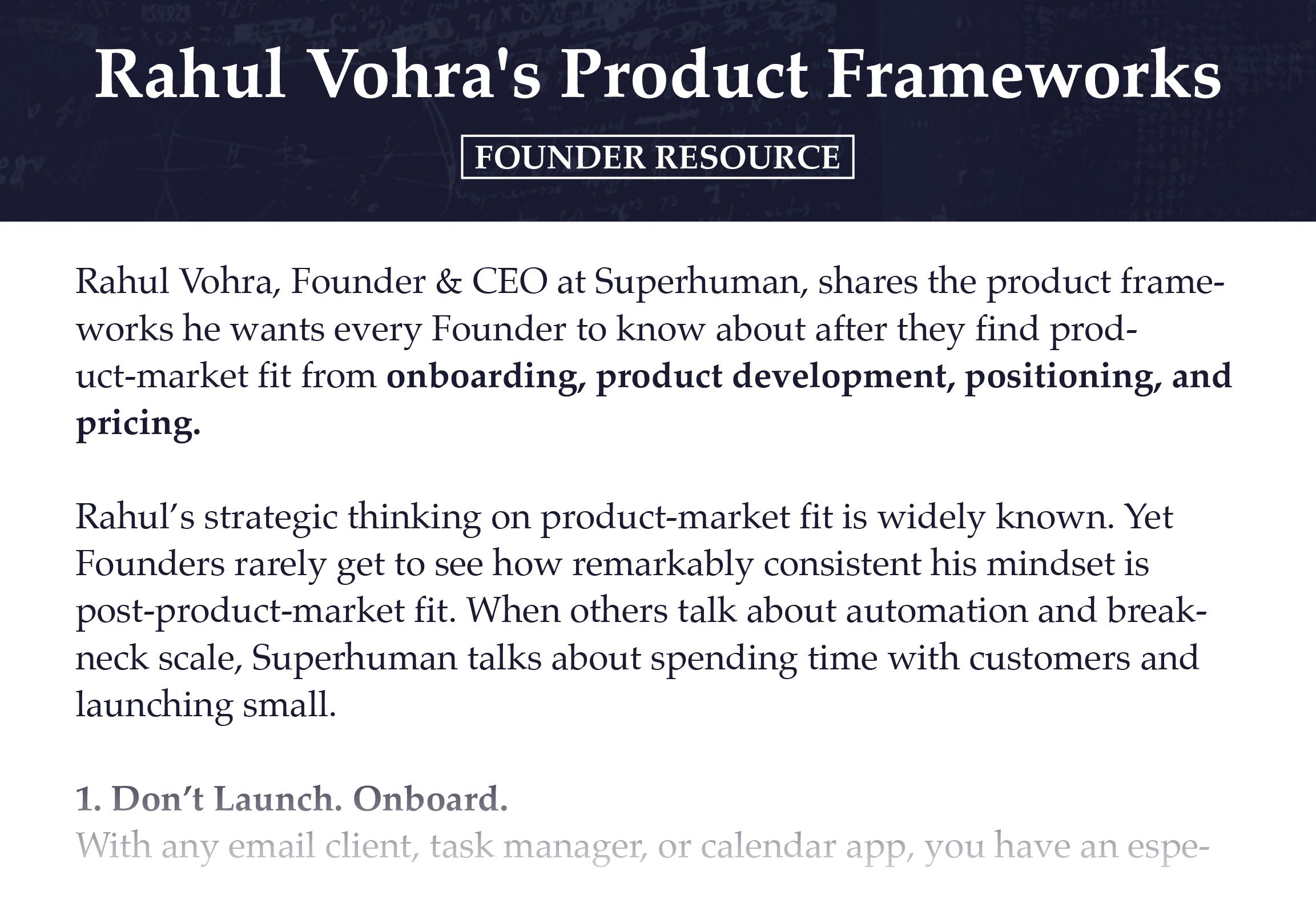

Ashley Mayer, Head of Communications, Glossier
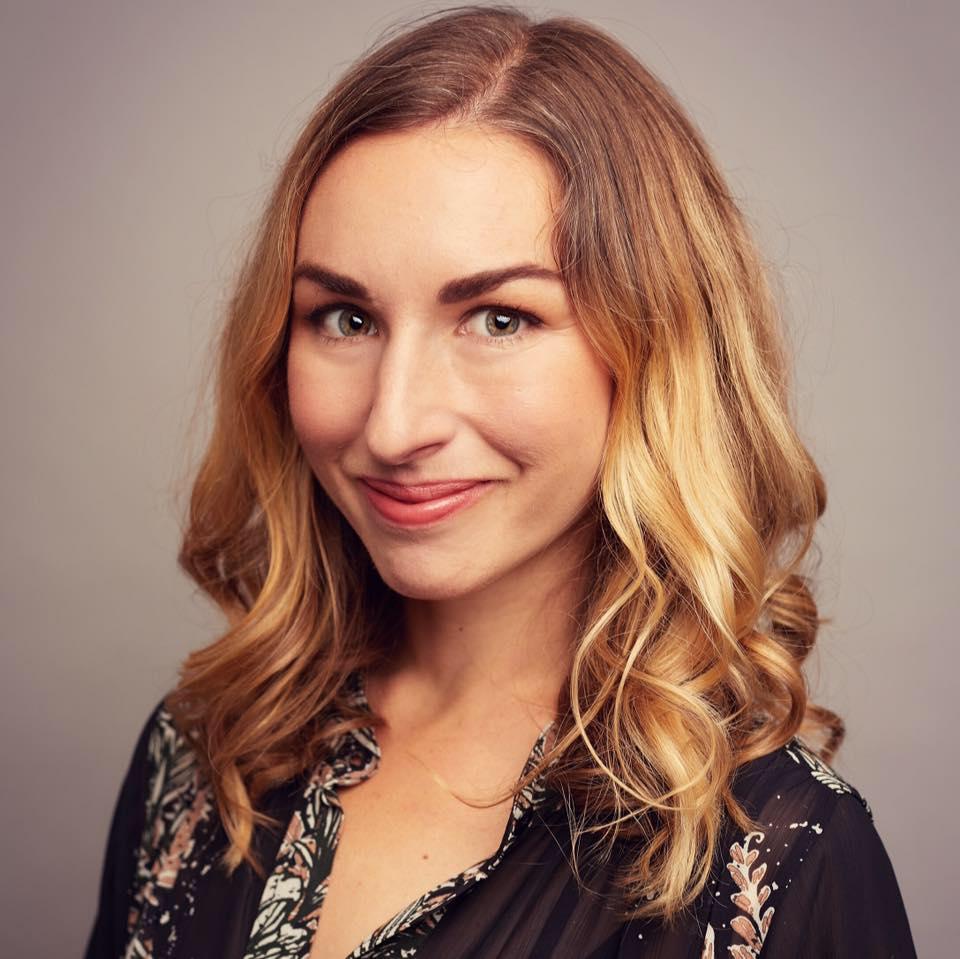
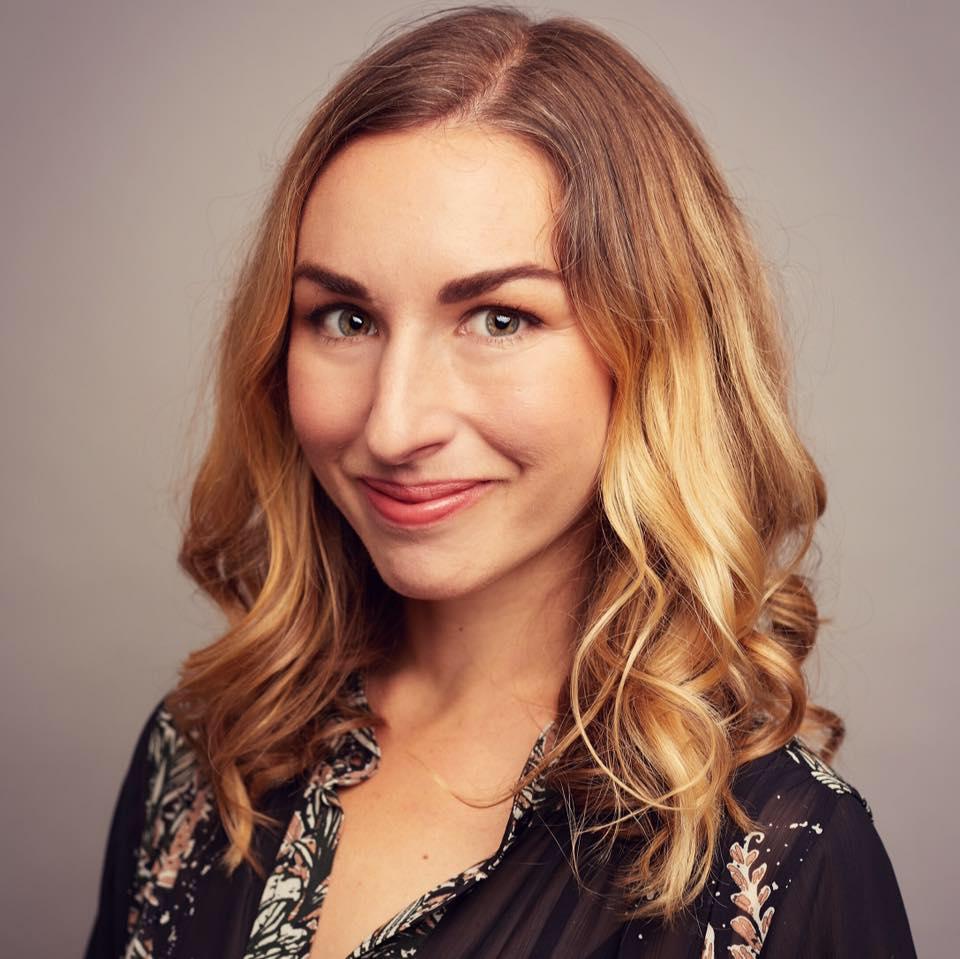
Are you an angel, scout, or do you have a VC fund?
I’m an angel and a scout. I spent three years in venture capital on the brand/marketing side prior to joining Glossier (where I lead Communications), but I didn’t get into angel investing until more than a year after I’d left the venture world. I have a few scout relationships, including Indie.vc (I’m a member of the new Verified Scouts program), and I’m also a Homebrew Advisor. Additionally, I belong to an angel investing group where the startups we invest in have access to our collective expertise. Getting to help scale Glossier every day while staying close to the early startup ecosystem as an investor and adviser feels like I’m having my cake and eating it, too. I don’t have a lot of time for hobbies, though.
What kind of company sectors are you most interested in?
I’m category agnostic in theory, but most of my investments to date are concentrated in consumer (including some DTC brands) and health/wellness, with a handful of exceptions. This amuses me to no end, because I began my startup career in enterprise software (six years at Box), and still see myself as an interloper in the consumer world. One of the reasons I love investing as part of an angel group is that I’m exposed to a broader range of startups—the other three women are all founders in different categories, and so we bring in a really dynamic mix of deals and learn from one another in the process.
How much do you typically invest?
My angel checks are generally $10K and also come with my time and expertise. The scout checks are bigger.
Where do you think you add the most value? What kind of Founder should be interested in you?
I help founders tell their stories. This includes thinking through broader questions around messaging and positioning, as well as super tactical advice, like how to pitch a reporter. For founders that are excited to dig in and learn, I take a “teach them to fish” approach. For others, I’m a sounding board when they have a specific opportunity or challenge. Storytelling is such an essential part of every early-stage founder’s job—not just when it comes to press, but also prospective investors, first hires, early customers—and I’m surprised there aren’t more Comms folks who invest, because our expertise is super applicable.
What is your process for funding startups? What is the path to get you as an investor?
Because my day job keeps me pretty busy, I’ve been fairly reliant on deal flow from other angels, VCs and founders. It’s a great filter, though, because people usually think of me if there’s a really exciting brand/storytelling opportunity—maybe the startup is creating a totally new category, the product aligns with a major behavioral or societal shift, or the founder has a uniquely compelling personal narrative. Additionally, I’ve met a lot of founders through Twitter, and I even invested in a company whose founder slid into my DMs (they’re open!). It’s a hard channel to stay on top of, and there’s a fair amount of noise, but I do my best.
What is 1 popular belief about the future of tech that you disagree with?
Is this where I earn my contrarian stripes? I guess I’ve learned to tune out a lot of the “future of tech” thought leadership, given all the time I spend on VC Twitter and my PR background. In general, though, I’m wary of hype. I have a higher bar for investing in things that are obviously buzzy. Categories and companies that are “hot” have an easier time fundraising and hiring, to be sure. But attention spans in this industry are short, and we quickly move onto the next shiny thing. I look for founders and teams that I think can stay focused on building companies without that external validation. The importance of patience, and not getting overly caught up in cycles (whether positive or negative), is probably the most useful thing I took away from my time in venture. All those bumps look smoother from a distance.
If you could put out a request for pitches, what would it be?
I’m really interested in expertise-oriented networks, communities, and marketplaces. Oh, and if you see the long-awaited and much-needed successor to LinkedIn, please tell me!
What are the biggest trends you’re seeing right now?
There are so many interesting startups focused on women’s health in response to systemic gender bias in medicine. It can feel pretty noisy because there are a bunch of different ways in (birth control, fertility, pregnancy, menopause, physical therapy—turns out our bodies have a lot going on!) but I am super bullish on this category as a whole. I’ve learned so much in the process of talking to and investing in some of these companies, and I’ve also been incredibly impressed by the caliber of the founders I’ve met, who are often solving problems they’ve dealt with themselves.
Ryan Hoover, Founder, Product Hunt


Are you an angel, scout, or do you have a VC fund?
I invest with Vedika Jain out of a venture fund I started just over 3 years ago named Weekend Fund.
What kind of company sectors are you most interested in?
We invest broadly in pre-seed and seed-stage companies across industries. That said, we’re particularly interested in:
- Tools for remote and distributed working. For the last 7 years, I’ve worked with a distributed team at Product Hunt, so I’ve seen the pros and cons (i.e. opportunities!) in this growing category. Portfolio example: Deel.
- Audio-first tech. As AirPods and smart speakers become ubiquitous, we’re increasingly interested in founders building new consumer apps or infrastructure for audio-driven experiences. Portfolio example: Voiceflow.
- Creator economy. I wish more people obtained freedom from doing what they love. That’s the dream, and we want to help those supporting a new generation of entrepreneurs. Portfolio example: Ikaria.
- Vertical job marketplaces. We’ve seen a massive shift in how people work in this last decade with the rise of the gig economy. The next evolution of that is already underway with vertical job marketplaces that have an ability to better serve both sides of the market (supply and demand) more efficiently than general-purpose job boards. Portfolio example: Pattern.
How much do you typically invest?
We typically write $75k to $200k checks.
What % of your time do you spend advising startups?
This varies widely week-to-week, depending on what the portfolio needs help with. Supporting the portfolio varies from 10% to 40% of the time I spend on Weekend Fund in an average week.
If you could put out a RFP (request for pitches), what would it be?
We would love to speak with companies that match any of the categories shared above (tools for remote/distributed working, audio-first tech, creator economy, and vertical job marketplaces).
Where do you think you add the most value? What kind of Founder should be interested in you?
We know how busy founders are and try to be very respectful of their time. For this reason, we avoid asking for agenda-less “coffee meetings” and instead focus our time on specific asks. We see ourselves as a pit crew, ready to support when needed. We’re most helpful with:
- Product. Vedika and I have a background in product management. I’ve spent nearly 7 years building Product Hunt so I’ve seen a lot. We enjoy jamming on product strategy and serving as a thought partner to founders, especially in the early days.
- Community. This is an area we’re uniquely qualified to help with as few investors have experience building communities. We work with founders to think through how community can help achieve their business goals to drive WOM, increase retention, and create a long-lasting brand that people want to be a part of.
- Fundraising. The relatively small size of our fund allows us to be collaborative with other early-stage investors. When we invest, we often help founders close the rest of their round by making introductions to other strong early-stage investors. When it comes time to raise the next round – typically a Series A – we’re eager to be a partner with them throughout the fundraising process.
Separate from the above, we also help with press, recruiting, and marketing when we can.
What is 1 popular belief about the future of tech that you disagree with?
I believe the future of knowledge work is distributed. This belief used to be a lot less popular but many still doubt the future of remote work.
Although I would never prescribe the same work style for every company (we’re all different!) I expect many more companies to be fully (or mostly) distributed in the future, largely driven by talent’s demand for that lifestyle. Many knowledge workers prefer the flexibility of remote working (this includes those with an ability to work outside of their home at a co-working space or something similar). Furthermore, companies that hire remotely have access to the world’s talent, dramatically increasing their pool of candidates (and theoretically, the quality of their team). As more companies serve global audiences, there’s an even greater need to hire a global team to serve them.
Of course, distributed teams face unique challenges but I believe new tools and better habits will emerge as people gain more experience working remotely.
What are the biggest trends you’re seeing right now?
The biggest shift in VC today is the rise of early-stage funds. This trend started a few years ago and is dramatically accelerated with AngelList’s Rolling Funds as they’ve made starting a fund far more accessible for many.
Since its introduction in February this year, AngelList hosts over 70 Rolling Funds, with several hundred GPs on the waitlist. To put this in context, according to First Republic, last year 282 new sub-$100M funds closed in the US. I expect Rolling Funds to power more than half of US “micro funds” by the end of 2021.
This is great for the ecosystem. Increased competition at the early stage will force VCs to get more creative and try new things. It also has the potential to give more entrepreneurs a chance to pursue their vision, especially as new funds emerge from a more diverse group of managers.
What is the biggest lesson you learned about fundraising from being on the “other side” that you want Founders to know?
Many founders don’t know how to run a proper fundraising process. Some start conversations with investors casually before they’ve nailed their pitch or finalized a timeline for their fundraising activities. We help our portfolio companies through this process and recommend that they concentrate their formal first meetings with investors over a two week period*. Without a tight process, it’s easy to get stuck raising for months which can be very distracting and produce sub-optimal results.
*This doesn’t preclude founders from getting to know investors before they start fundraising. After all, the founder and investor relationship lasts for several years once the cap table is set.
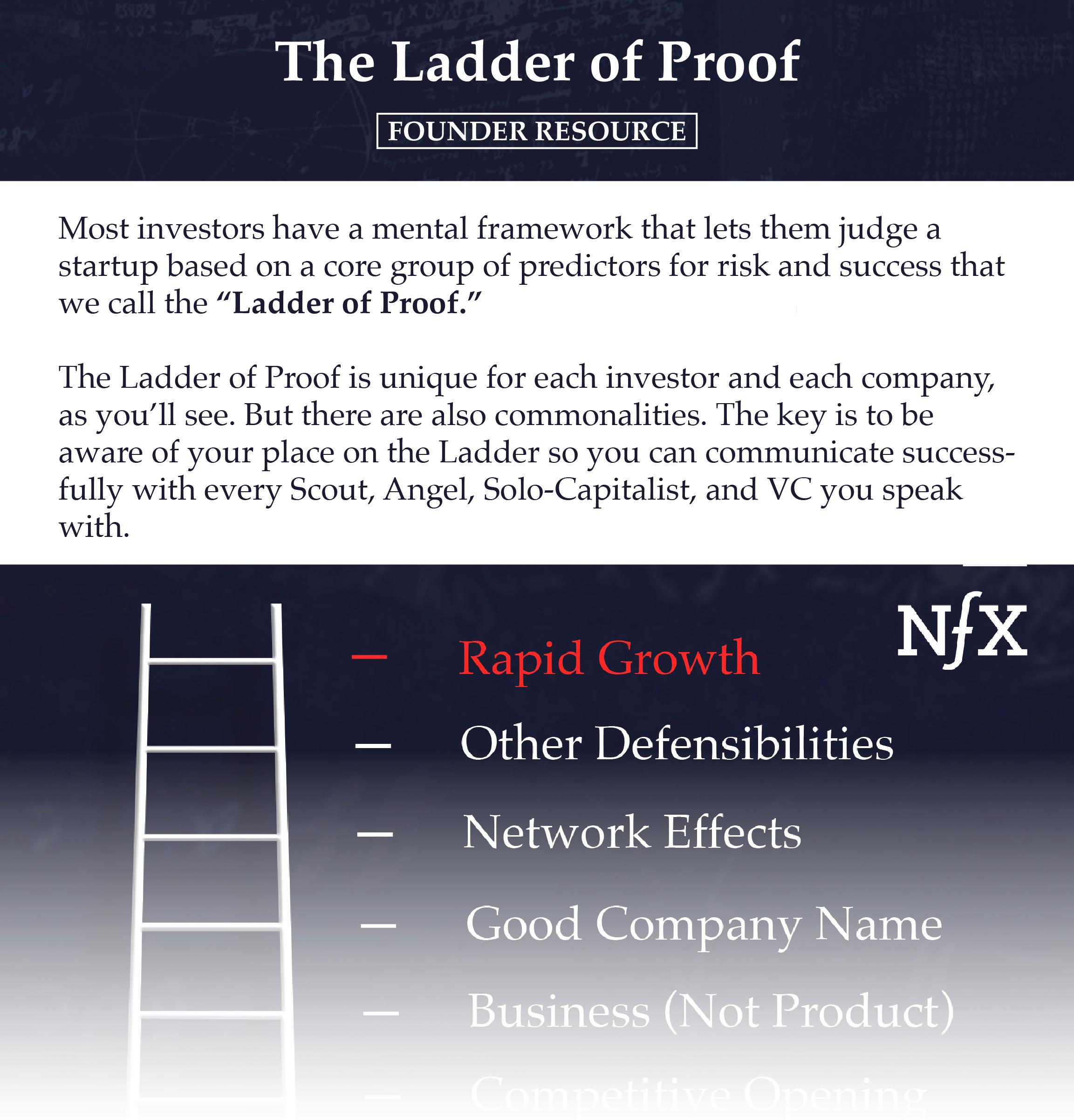

Ben Rubin, CEO & Co-founder, /talk, (Co-founder, Houseparty)
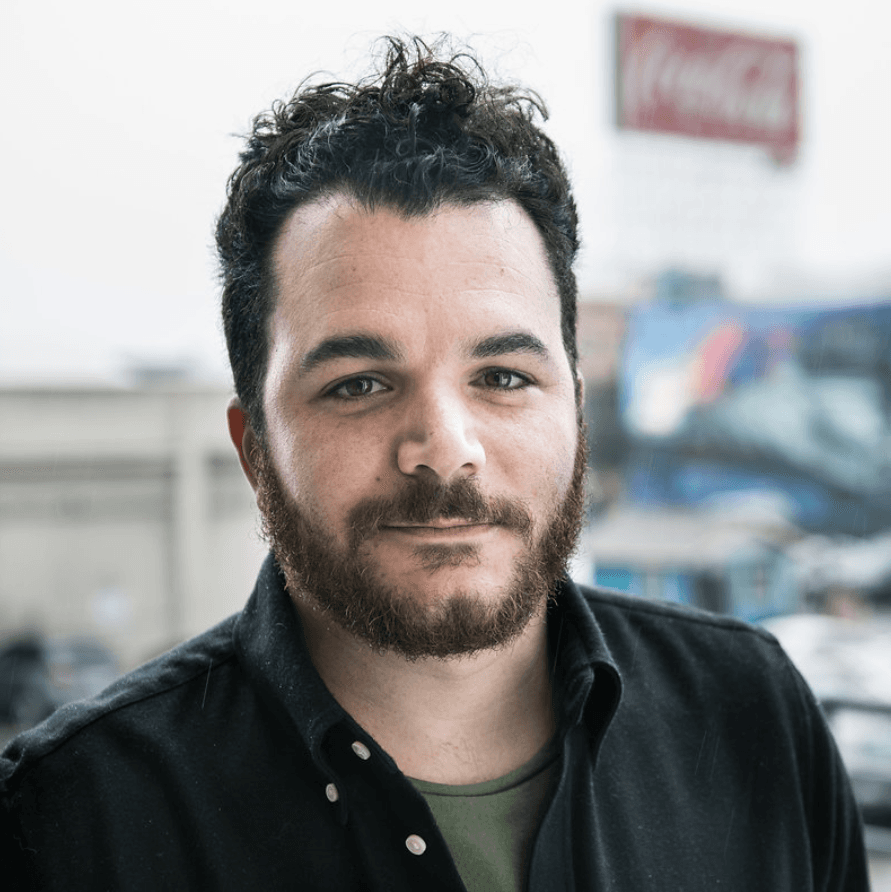
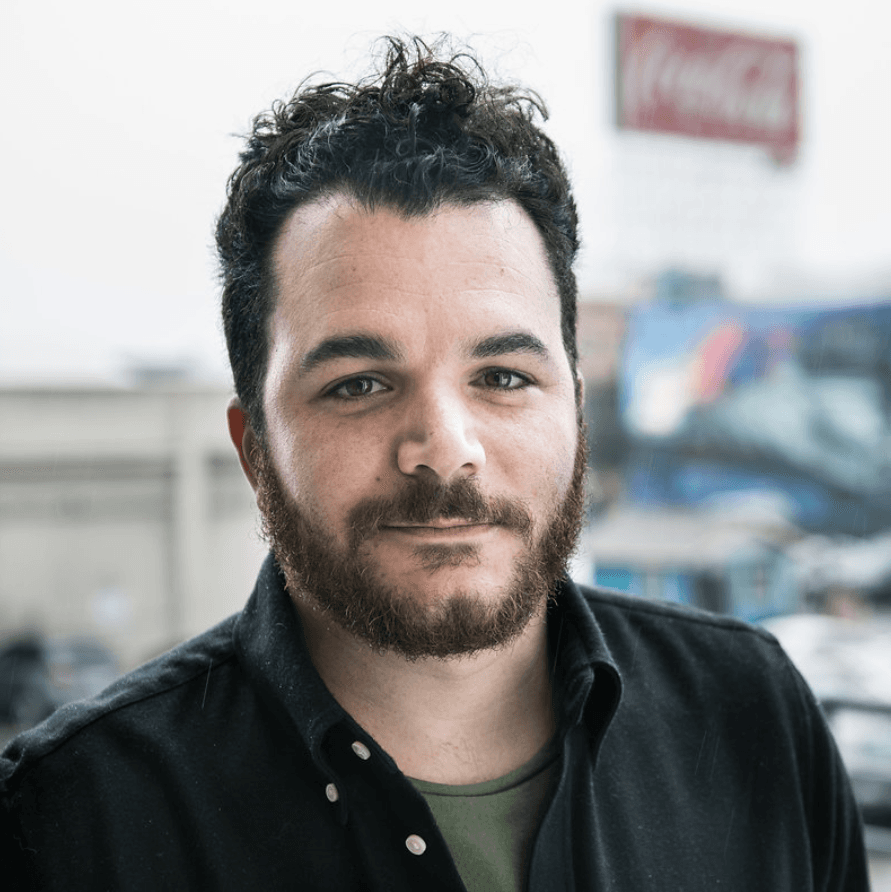
Are you an angel, scout, or do you have a VC fund?
I’m a scout for Sequoia.
What kind of company sectors are you most interested in?
Anything people facing. The category doesn’t matter.
How much do you typically invest?
25k-50k
What is the biggest lesson you learned about fundraising from being on the “other side” that you want Founders to know?
Many folks out there are “shy” to say that they are actually fundraising. They go around and meet a bunch of investors for “quick chats” but when asked they won’t admit they are “officially fundraising”. As an investor, I want to invest in people that are able to communicate what they want and set expectations around it.
What is 1 popular belief about the future of tech that you disagree with?
I’m worried people over index on the notion of fully remote world post covid. I think Covid is a huge accelerator but not a tipping point.
What are the biggest trends you’re seeing right now?
Presence apps. A lot of them.
Lenny Rachitsky, Former PM/Growth, Airbnb
Are you an angel, scout, or do you have a VC fund?
Angel, scout, and co-lead of a syndicate of 150+ Airbnb alumni called AirAngels.
What kind of company sectors are you most interested in?
I’m all over the place (I recently invested in a psychedelic drug startup) but generally stick to B2B SaaS, marketplaces, and consumer products.
How much do you typically invest?
$10k personally, $25-50k with scout, and $100-300k with the AirAngels syndicate.
What % of your time do you spend advising startups?
A very small % at this point — I try to use most of that time for the newsletter now.
What do you see as the most common mistakes Founders make in pitching you?
Not acknowledging the risks in your startup directly. As an investor you are looking for all the reasons this won’t work (too small a market, high churn, lack of unique insight, founder backgrounds, etc.), and if you leave the call without feeling confident about these things you’ll likely pass. As a founder, you’re better off leaning into these things and giving the investor reasons to believe. Specifically, (1) market size, (2) why you’re the right team to win the market, (3) your unique insights into the problem, (4) why now, (5) traction/PMF, and (6) your distribution advantages.
What are the biggest trends you’re seeing right now?
- Remote working, and collaboration and video
- Consumer apps
- Top-down B2B SaaS
What is 1 popular belief about the future of tech that you disagree with?
That we’ll continue to work remotely in a significant way. As a species, we’ve worked together in the same physical space since the first Homo Sapien. My guess is that a year or two after COVID goes away there will be a reversion to the mean and companies will prefer teams working together in offices again.
Varsha Rao, CEO, Nurx
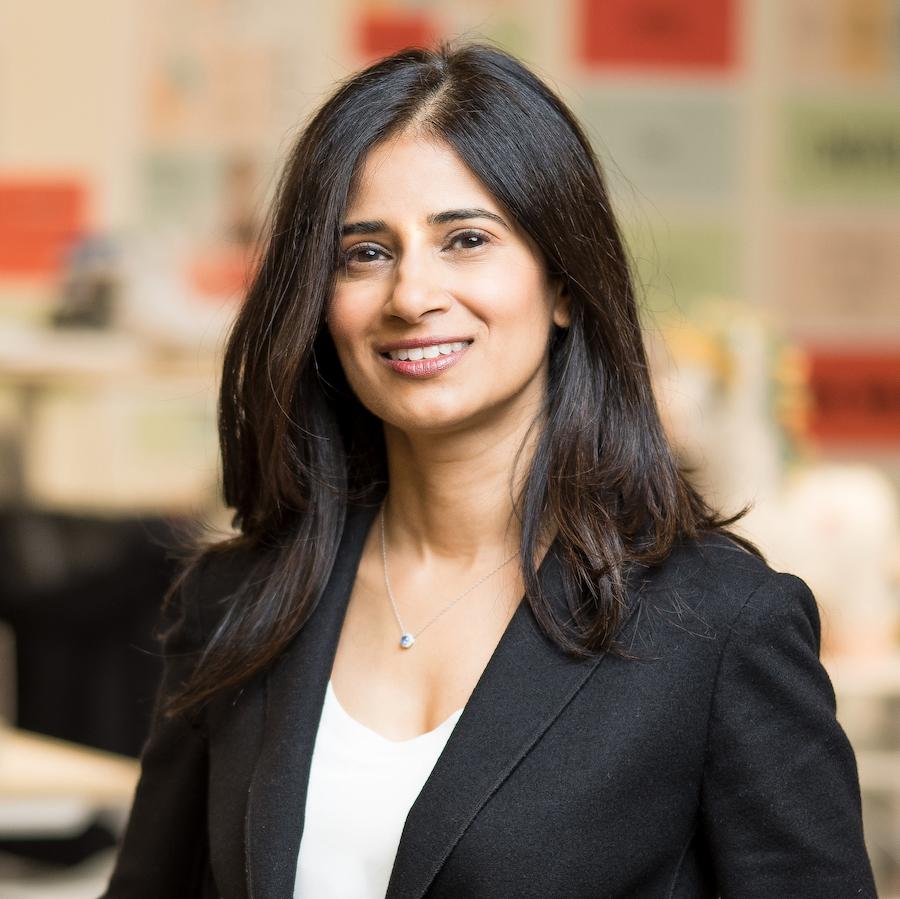
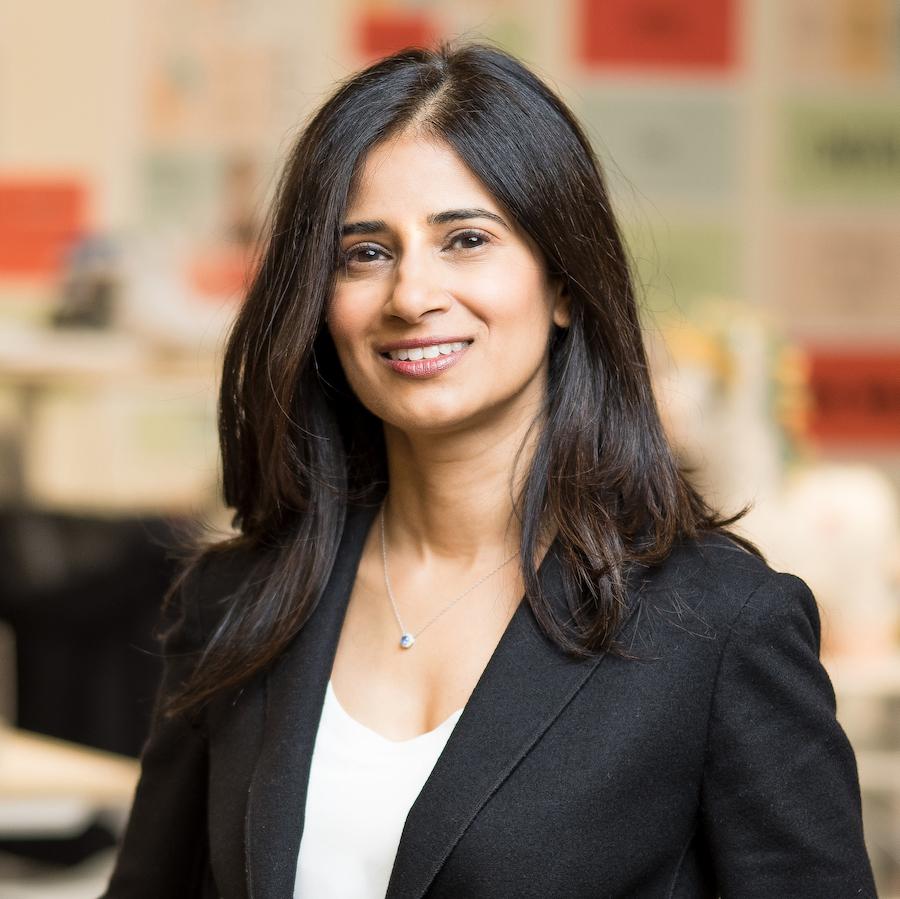
Are you an angel, scout, or VC?
I am an active angel investor and former Sequoia Scout.
What kind of company sectors are you most interested in?
I’m most interested in marketplaces, SaaS, consumer and digital healthcare companies.
How much do you typically invest?
I typically invest $100K to $250K.
What do you see as the most common mistakes Founders make in pitching you?
Founders have a great high-level vision but not necessarily clarity on the acute problem they are trying to solve and a compelling customer value proposition.
What do you look for in a pitch deck?
I look for a clear articulation of the problem to be solved, a vision and concrete approach to addressing the problem. I also look for an answer to the question of why now, a view on competition and if others have either tried and failed or why the founder’s solution is different. Last, I also look for what makes the founders unique in this situation – a unique origin story, experience, better understanding of the problem that could lead to better development of a unique solution, etc.
What are the biggest trends you’re seeing right now?
The biggest trends I am seeing now are in trends that surround the home and new work situation – and this is very broad – everything from ordering and cooking more at home, to decorating your home more, to doing more things remotely (which leads to more cloud services) to virtual events, to telemedicine/telehealth to virtual volunteering. Our entire lives have been changed due to the limitations that COVID has placed on us and there are a lot of innovations that will come from this period.
What is the biggest lesson you learned about fundraising from being on the “other side” that you want Founders to know?
Two lessons:
1) Take the time to build relationships with investors well before you need to raise money. Investors want to know if you are the team that they want to “work with for a decade” and this takes time.
2) Being a “leader” in a segment/category (even if it’s a potentially narrower segment) is better and will be more compelling for investors than being the 2nd or 3rd player in a more crowded field.
Hiten Shah, Co-Founder & CEO, FYI


Are you an angel, scout, or VC? Feel free to give us the name of the firm you are a scout for, if applicable and if you’re comfortable.
I’m an angel. The majority of the money I’ve invested over the years has been my own personal capital. I’ve invested via SPVs, AngelList syndicates and have also invested via a new platform called Firstlook from Tribe Capital.
What kind of company sectors are you most interested in?
When people refer companies to me, they are usually B2B SaaS companies because of my personal background. But I’ve invested in many different sectors from consumer products like Muze.
How much do you typically invest?
$10k-$25k
Where do you think you add the most value? What kind of Founder should be interested in you?
I’m a multi-time founder who has started self-funded businesses and venture-backed ones. I’ve also seen thousands of companies and their pitches. At this point, it’s rare for me to hear “a new one” when a founder calls me for my opinion on their specific situation. I have also really honed-in on the way that I like to help founders by giving them contextual advice.
What % of your time do you spend advising startups?
I’ve spent as much as 40-50% of my time formally advising startups when I’ve been in-between working on my own company. These days, it’s less than 1% of my time. I’m focused on building my company. To clarify, if I invest in a company, I don’t consider myself an advisor to the company. The way I think of it is that founders I invest in are a priority in my inboxes, right after people that work in my companies.
What do you expect to see a lot more of in 2021?
I truly believe we are going to see an explosion of new founders and companies, self-funded and ones that are seeking capital. In addition with so many more solo capitalists coming into the scene, they are going to need founders to fund =)
What is 1 popular belief about the future of tech that you disagree with?
This is a tough question for me. I believe in multiplicity of viewpoints and look to understand as many perspectives as I can. I wouldn’t necessarily disagree with something, but more understand why someone would have those views. Where do they come from? And do we agree on those things?
What is the biggest lesson you learned about fundraising from being on the “other side” that you want Founders to know?
Don’t take things personally when it comes to investors. There tends to be a lot going on for most of them that is behind-the-scenes work which is not often talked about. Instead, focus on what you can control when you’re fundraising. And finally, follow-up if you don’t hear back.
Thank you to all of our VIP Scouts and Angels: Erica Joy Baker, Sriram Krishnan, Dylan Field, Kristy Tillman, Brianne Kimmel, Tim Ferriss, Todd Goldberg, William Barnes, Kulveer Taggar, Andy Sparks, Iman Abuzeid, Garrett Smallwood, Allison Pickens, Cyan Banister, Marco Zappacosta, Jude Gomila, Allison Barr Allen, Joshua Browder, Sam Yagan, Jonathan Swanson, April Underwood, Matt Mireles, Bobby Goodlatte, Julia DeWahl, Kevin Hartz, Dan Scheinman, Robin Chan, Matt Macinnis, Hiro Tien, James Gutierrez, Moshe Lifschitz, Jake Seid, Yuri Sagalov, Shaherose Charania, Katie Stanton, Timoni West, Jake Zeller, Zach Coelius, Pete Colis, Charlene Li, Sam Parr, Cristina Cordova, Anand Chandrasekaran, Mandela Schumacher-Hodge Dixon, Hillel Fuld, Kevin Lee, Vivek Patel, Jared Erondu, David Lieb, Jonathan Medved, Maia Bittner, Zach Kanter, Jared Hecht, Steve Martocci, Justin Kan, Lolita Taub, Phin Barnes, Ben Davenport, and Boris Wertz.
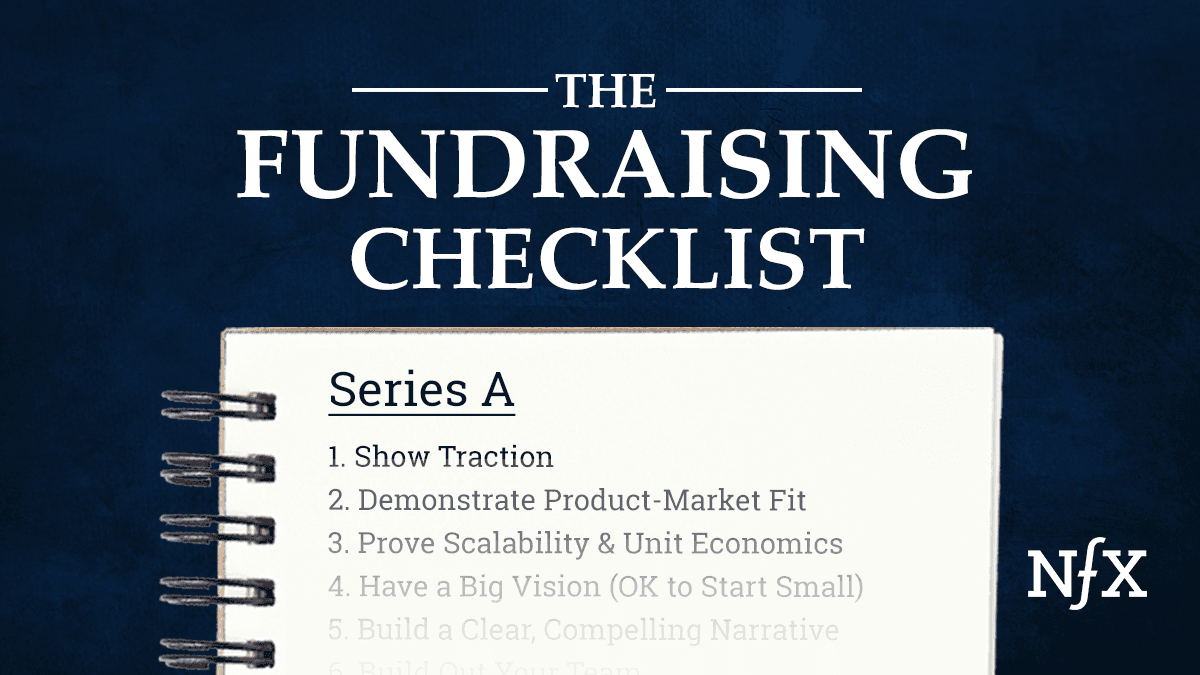

As Founders ourselves, we respect your time. That’s why we built BriefLink, a new software tool that minimizes the upfront time of getting the VC meeting. Simply tell us about your company in 9 easy questions, and you’ll hear from us if it’s a fit.
